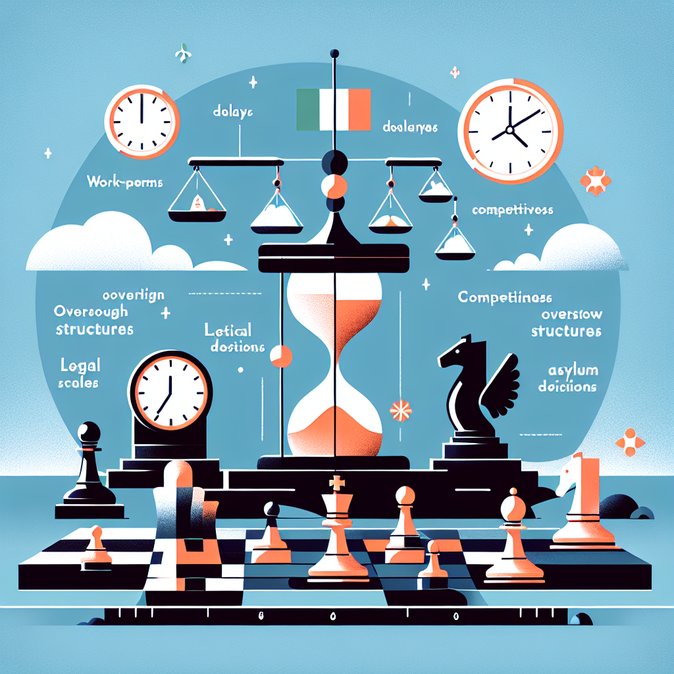
Responding to a fresh surge of arrivals from Ukraine, the Irish Government has slashed the period of State-provided accommodation for newly arriving beneficiaries of Temporary Protection from 90 days to just 30 days, effective 10 November 2025. The change, published in an updated policy notice on gov.ie, applies to all Ukrainians who register after the effective date and request housing support.
Under the revised regime, newcomers will be housed in Designated Accommodation Centres where they receive food, laundry services and orientation support for one month. During their stay, adults will receive a reduced weekly allowance of €38.80 and children €29.80. When they exit the centre, they may apply for standard social-welfare assistance on the same basis as Irish citizens, provided they meet eligibility rules. Existing residents who entered under the previous 90-day policy are unaffected.
![Government cuts State accommodation for new Ukrainian arrivals to 30 days]()
Government officials say the move is necessary to keep the system sustainable after a “recent large increase in arrivals,” and to align Ireland more closely with support durations in comparable EU states. Capacity in emergency accommodation— which includes hotels, modular units and pledged housing— has been near exhaustion since late summer.
For employers, the shorter accommodation window could accelerate the need to help relocated Ukrainian staff or new hires find private housing, a market already under severe pressure in Dublin, Cork and Galway. HR teams should review relocation budgets, consider temporary corporate housing solutions and communicate the change to any candidates still abroad.
Legal advisers warn that the new limit may also affect family-reunification planning. Sponsors will have only 30 days to secure longer-term housing that meets local occupancy standards, or risk delaying reunification applications. NGOs have urged the Government to increase rental-assistance payments to prevent homelessness among those who exit the centres without a viable alternative.
Under the revised regime, newcomers will be housed in Designated Accommodation Centres where they receive food, laundry services and orientation support for one month. During their stay, adults will receive a reduced weekly allowance of €38.80 and children €29.80. When they exit the centre, they may apply for standard social-welfare assistance on the same basis as Irish citizens, provided they meet eligibility rules. Existing residents who entered under the previous 90-day policy are unaffected.

Government officials say the move is necessary to keep the system sustainable after a “recent large increase in arrivals,” and to align Ireland more closely with support durations in comparable EU states. Capacity in emergency accommodation— which includes hotels, modular units and pledged housing— has been near exhaustion since late summer.
For employers, the shorter accommodation window could accelerate the need to help relocated Ukrainian staff or new hires find private housing, a market already under severe pressure in Dublin, Cork and Galway. HR teams should review relocation budgets, consider temporary corporate housing solutions and communicate the change to any candidates still abroad.
Legal advisers warn that the new limit may also affect family-reunification planning. Sponsors will have only 30 days to secure longer-term housing that meets local occupancy standards, or risk delaying reunification applications. NGOs have urged the Government to increase rental-assistance payments to prevent homelessness among those who exit the centres without a viable alternative.


